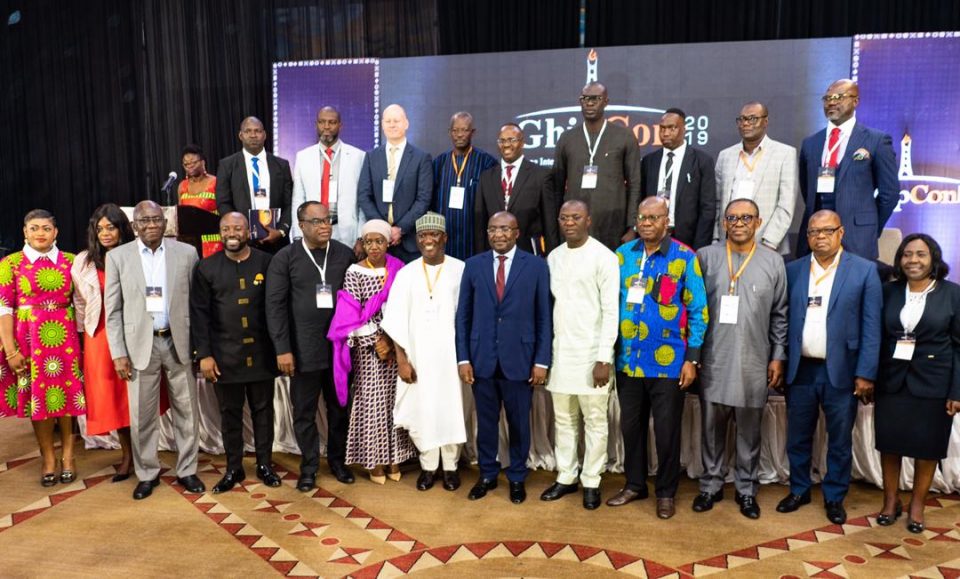
International conference on petroleum policies Hosted by Ghana
On Wednesday July 10, An international conference to review developments in the petroleum downstream sector in the West African sub-region opened in Ghana’s capital Accra.
The conference was organized by the National Petroleum Authority (NPA) in collaboration with the Chamber of Bulk Oil Distribution Companies and the Association of Oil Marketing Companies has brought together participants from Ghana, Nigeria, Senegal, Mali, Togo,Burkina Faso and Côte d’Ivoire among others.
Ghana International Petroleum Conference third edition, is expected to lead to the harmonization of petroleum policies in the sub-region and respond to global developments to make the ECOWAS countries competitive.
Ghana’s Vice President Dr Mahmoud Bawumia opened the conference and proposed the building of an integrated infrastructure to serve the petroleum industry in the sub-region.
The Vice President gave the assurance that government will create the enabling environment for the petroleum downstream industry to thrive.
“Dealing with the premix fuel supply and distribution has been a challenging issue because of the availability of subsidies.
the Vice President said, “All sorts of people come in the middle and the fishermen whom this is designed for ultimately don’t get the product because the product is smuggled to people who may not even be fishermen. We have decided that the best way to deal with this is to digitize the process.”
The National Petroleum Authority (NPA) CEO ,Hassan Tampuli said the nefarious activities of the Petroleum Service Providers cost the country about $200 million per annum of tax revenue.
He said the NPA has collaborated with other agencies to tackle the problem.
He further said,“Compromising on product quality at filling stations due to laundering which leads to damage to vehicle engines; and distortion of the national consumption statistics (over 300,000Mt of actual annual consumption as unreported.
The Unified Petroleum Price Fund (UPPF) also recorded about USD12million losses per annum. We have rolled out a series of measures to tackle the problem head on.”

